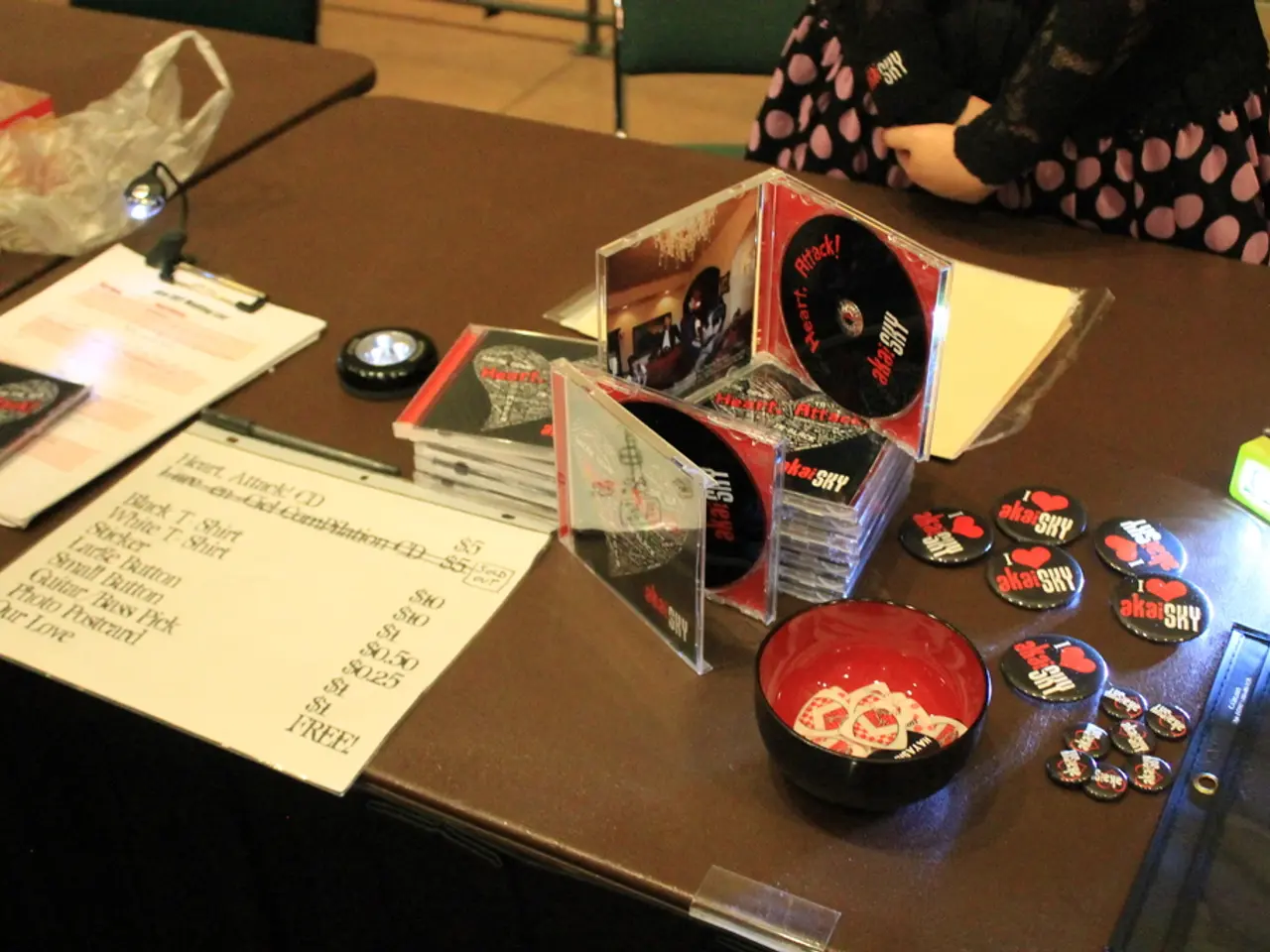Navigating Rejections: Embracing Strategies to Bolster Career Advancement After Job Hunt Setbacks
Job hunting can feel like a tumultuous rollercoaster - excitement and anxiety in equal measure. Yet, rejection, a common experience, can leave you feeling dejected and defeated. But don't lose hope! Instead, consider each rejection as a stepping stone to your dream job.
First off, allow yourself to feel the sting of rejection. Don't suppress your emotions. Talk to friends, family, or jot down your feelings in a journal. This emotional release is essential for you to move forward.
Now, let's flip the script on rejection. Don't take it personally. A job rejection isn't a verdict on your character or abilities. It could be due to an internal candidate, a change in direction, or a myriad of other reasons beyond your control. Accessing rejections as opportunities to learn and grow can dramatically reduce the emotional impact.
Reflect on the experience. Was there feedback provided? Use it constructively. If not, reach out to the interviewer for feedback. Understanding your areas for improvement can be invaluable for future applications.
Instead of viewing rejection as failure, consider it as redirection. Each "no" brings you closer to the right "yes." It's an opportunity to reassess and refine your job search strategy. Maybe there's an industry that suits your skills better, or perhaps your resume needs tweaking. Rethinking the experience can help maintain your positivity.
Focus on what you can control, like perfecting your resume, enhancing your interview skills, expanding your network, and continuing to apply. By concentrating on these factors, you progress towards your goal, despite the perceived setbacks.
Job searching can be monotonous and exhausting. To combat this, maintain a balance in your routine. Allocate specific time for job hunting, but also ensure breaks, exercise, hobbies, and social activities. A well-rounded routine prevents burnout and keeps spirits high.
Stay connected with friends, family, and your professional network. Attend industry events, join online forums, and engage in social activities. These connections can provide support, encouragement, and potential job opportunities.
Prioritize your mental and physical health during the job search. Get plenty of sleep, eat well, and exercise regularly. Engage in activities that help you unwind and revitalize, such as reading, meditation, or spending time in nature. Self-care is essential for resilience and well-being.
Remember, the job search process is part of a long, winding career journey. Each experience - whether it's a success or a setback - develops your skillset and readies you for future opportunities. Recognize and celebrate small victories, like updating your resume or connecting with a new contact, to boost your confidence and keep motivation high.
Building resilience during a job search requires a mindset that perceives rejection as a temporary roadblock rather than a dead-end. It's about learning, adapting, and forging ahead despite the challenges. By acknowledging your emotions, reframing your experiences, and sustaining a well-balanced routine, you convert the job search process into a period of growth and self-discovery.
So, on encountering a rejection, remember: it's not the end of your quest. It's simply one step along the path to finding the right opportunity. Persevere, remain positive, and trust that the right job is waiting for you.
Essential Takeaways
- Reframe rejection as redirection: each rejection takes you closer to the perfect "yes."
- Maintain a growth mindset: view job hunting as a learning process and celebrate small victories.
- Focus on what you can control: improve your resume, interview skills, network, and job applications.
- Stay connected: engage with friends, family, and professional contacts for support and encouragement.
- Prioritize self-care: maintain mental and physical well-being through rest, nutrition, and exercise.
Engage in self-development and continue learning from each rejection during your job search. Use the feedback provided (if any) to refine your resume and interview skills, as well as identify areas for improvement in your career development and personal growth. Maintain a positive mindset, and view each rejection as a stepping stone on the path towards your dream job, not a dead-end.
Never neglect your personal well-being. Ensure that education-and-self-development, job-search, and career-development activities are balanced with breaks, exercise, hobbies, and social activities. It is essential not only for keeping spirits high but also for preventing burnout during the often monotonous and exhausting job-search process.








